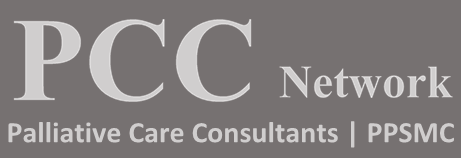Understanding Total Pain: A Holistic Approach to Pain Management
Total pain is a comprehensive concept that encompasses not only the physical experience of pain but also the emotional, social, and spiritual dimensions that affect a person’s overall well-being, particularly in the context of chronic illness or end-of-life care.
This multidimensional model, first introduced by Cicely Saunders, emphasizes that effective pain management should address all facets of the human experience, rather than just alleviating physical symptoms 1. Healthcare providers are encouraged to assess and manage not only the physiological causes of pain but also the emotional distress, social isolation, and existential concerns that may exacerbate a patient’s suffering2.
Recent studies have reinforced the importance of addressing total pain as part of an integrative care plan, highlighting the interconnectedness between physical and psychological symptoms. Research indicates that comprehensive pain management models, which include psychological support, social connection, and spiritual care, can lead to improved patient outcomes, including better quality of life and satisfaction with care3. Furthermore, integrating this holistic approach into routine clinical practice may prevent the fragmentation of care that often occurs when different aspects of pain are treated separately3.
Some research studies suggest that failing to address the psychological and social components of pain can lead to inadequate pain management, as patients may not feel heard or understood in their suffering2. Moreover, emotional and spiritual distress can amplify perceptions of physical pain, making it even more challenging to manage through medication alone3.
When patients feel heard, they are more likely to engage in their treatment plans and experience better pain management outcomes1. It is also important to recognize that total pain can evolve over time, requiring ongoing assessment and adaptation of care plans to meet the changing needs of patients, particularly as they approach the end of life2.
In conclusion, the concept of “Total Pain” encourages healthcare providers to look beyond the physical symptoms of pain and address the emotional, social, and spiritual factors that contribute to suffering1. By adopting this holistic approach, healthcare professionals can provide more compassionate, effective, and personalized care – ultimately improving the quality of life for patients facing serious illness.
Resources
- Gomes-Ferraz, C. A., Rezende, G., Fagundes, A. A., & De Carlo, M. M. R. D. P. (2022). Assessment of total pain in people in oncologic palliative care: integrative literature review. Palliative care and social practice, 16, 26323524221125244. https://doi.org/10.1177/26323524221125244
- Hussain Z. (2022). The Holistic Approach to Cancer Pain Management. The Ulster medical journal, 91(1), 45–49. Retrieved from https://pmc.ncbi.nlm.nih.gov/articles/PMC8835427/
- Rattner M. (2022). Increasing our understanding of nonphysical suffering within palliative care: A scoping review. Palliative & supportive care, 20(3), 417–432. https://doi.org/10.1017/S1478951521001127
Download Tip of the Month
PDF – Understanding Total Pain: A Holistic Approach to Pain Management




